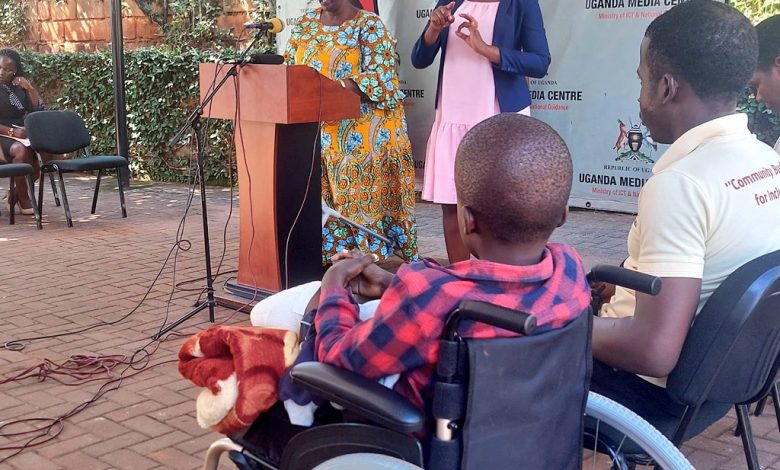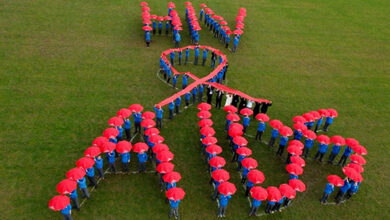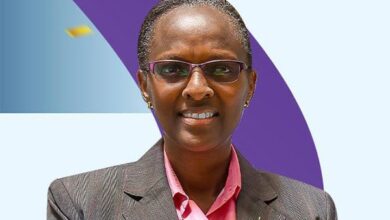Spina bifida patients in Uganda not accessing healthcare services
Spina Bifida is a type of neural tube defect (NTD) which can happen anywhere along the spine if the neural tube does not close all the way.

As the world prepares to commemorate the world day for spina bifida and hydrocephalus, patients in Uganda being affected by the condition that affects the spine are still facing inadequate access to health services.
According to the government, approximately 7% in 10,000 live births in the country are affected by this condition, which leads to lifelong physical and cognitive disabilities.
These include the co-occurring condition known as hydrocephalus, which affects the accumulation and circulation of cerebrospinal fluid in the brain.
Despite the high prevalence of Spina bifida and hydrocephalus in Uganda, the minister of state for disability affairs Hellen Asamo pointed out that there is still lack of access to health services for the patients.
She noted that many individuals with this condition in Uganda face difficulties in accessing essential healthcare services.
“Individuals lack healthcare services such as qualified medical professionals, diagnostics, surgeries, rehabilitative therapies, and assistive devices. The availability of specialized care centres in the country is inadequate. There’s also lack of public awareness and understanding about the condition, resulting in social stigma and discrimination,” she said.
Additionally, due to the limited awareness and understanding of Spina bifida and hydrocephalus, Asamo added that affected individuals and their families do not have access to crucial information on prevention, early diagnosis, and management of the condition.
With this ignorance, she noted that it contributes to delayed interventions and increased health complications, resulting in limited information on prevention which has led to increased prevalence.
By promoting awareness, accessibility, and empowerment, the minister believes that this will create a more inclusive society for individuals with Spina bifida and hydrocephalus.
On top of that, it will help reduce the burden of disability and enable affected individuals to lead more fulfilling lives with improved health outcomes.
In a way of recognizing the individuals with the condition, the minister stated that tomorrow there will be activities such as an awareness symposium, sensitization workshops, accessible Infrastructure exhibition and an awareness campaign among others.
“We shall host a panel discussion with experts, healthcare providers, affected individuals, and their families to educate attendees about Spina Bifida, Hydrocephalus, associated challenges, and potential solutions.we also hop to Provide motivational talks, testimonials, and interactive sessions that inspire individuals with Spina Bifida and Hydrocephalus to build resilience, set goals, and pursue personal development,” said Asamo.
This year’s theme which aligns strongly with the Sustainable Development Goals (SDGs) set by the United Nations, has been set as “Accessibility for All: Empowering Lives, Embracing Differences.
Asamo further clarified that by focusing on accessibility, the theme emphasizes the need for equal opportunities and inclusion for individuals with spina bifida and hydrocephalus.
It calls for the removal of 3 barriers that prevent them from accessing quality education, healthcare, employment, and social services.
Spina Bifida is a type of neural tube defect (NTD) which can happen anywhere along the spine if the neural tube does not close all the way.
It’s thought to result from a combination of genetic, nutritional and environmental risk factors, such as a family history of neural tube defects and folate (vitamin B-9) deficiency.






